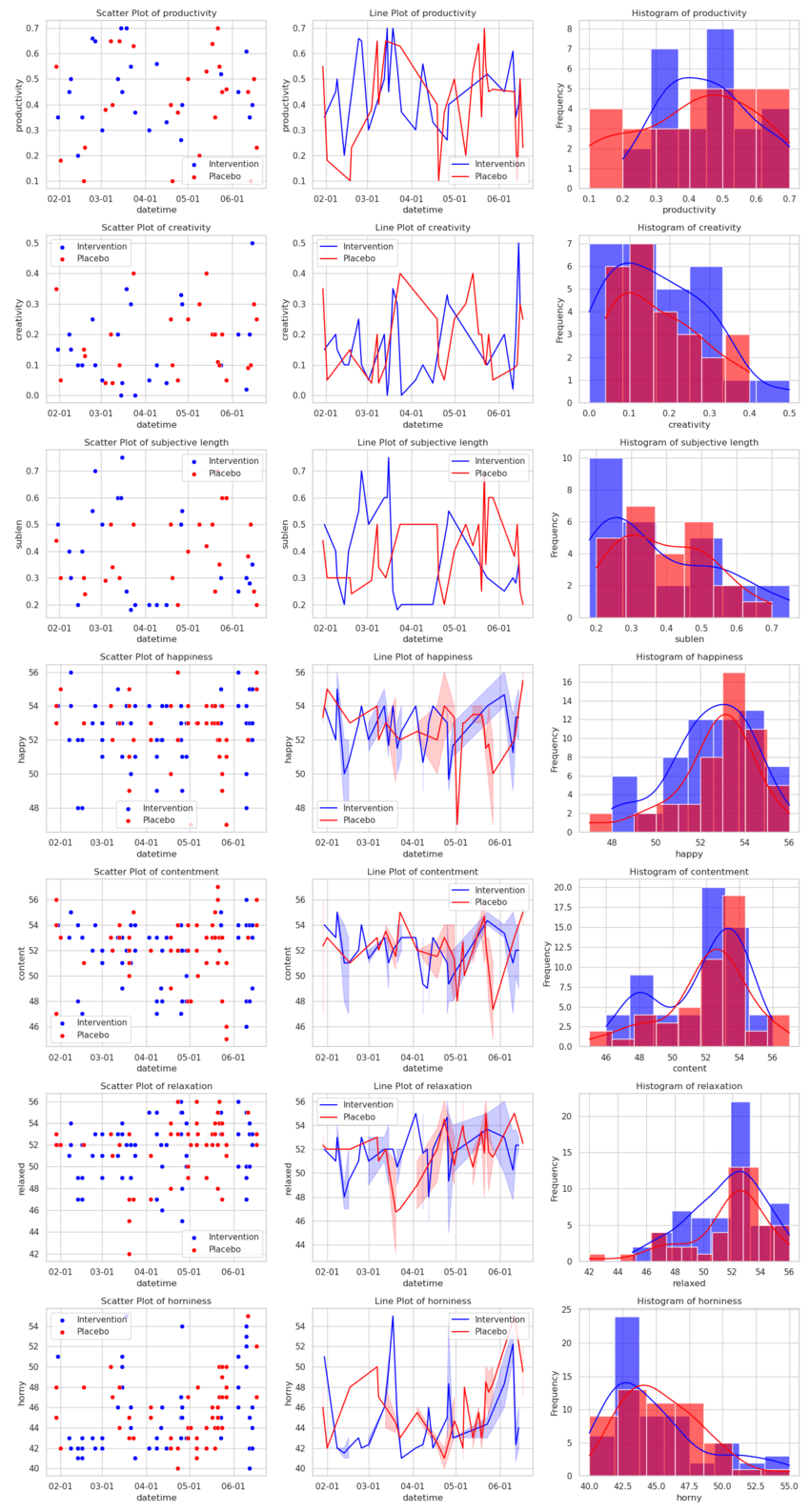Humanity Learned Almost Nothing From COVID-19
Summary: Looking over humanity's response to the COVID-19 pandemic, almost six years later, reveals that we've forgotten to fulfill our intent at preparing for the next pandemic. I rant. content warning: A single carefully placed slur. > If we want to create a world free of pandemics and other biological catastrophes, the time to act is now. —US White House, “ FACT SHEET: The Biden Administration’s Historic Investment in Pandemic Preparedness and Biodefense in the FY 2023 President’s Budget ”, 2022 Around five years, a global pandemic caused by a coronavirus started. In the course of the pandemic, there have been at least 6 million deaths and more than 25 million excess deaths. The value of QALYs lost due to the pandemic in the US alone was around $5 trio., the GDP loss in the US alone in 2020 $2 trio.. The loss of gross world product is around $17-35 trio. over five years, my rough guess would be that lockdowns caused a loss of more than a gigaQALY (~4 bio. people (half the world's population) in lockdown for a ~year in total, at ~75% value of their normal time), and not to speak of e.g. long COVID. Those are staggering numbers. Megadeaths caused, gigaQALYs lost, tens of trillions of dollars in value destroyed. It's probably the most war-like event most of us have ever lived through[1]. Surely, then, humanity has learned its lesson about pandemics? lol. lmao Humanity seems to have learned almost nothing, and I'm being charitable here. Plausibly, in total, we have learned the wrong lessons. Remember those pandemic prevention and preparedness bills and programs that were announced in the US and the EU in 2021, equipped with billions of dollars and euros and pounds to prevent and fight pandemics? The EU HERA and the US Historic Investment in Pandemic Preparedness? The Pandemic Fund? HERA was said to receive ~4.5 bio. € for 2022-2027 (allegedly 30 bio. € if you believe EU accounting magic for programs that existed already anyway), the US initiative $88.2 bio.

Fair enough, your version looks good, I'll edit this main one to conform—done.